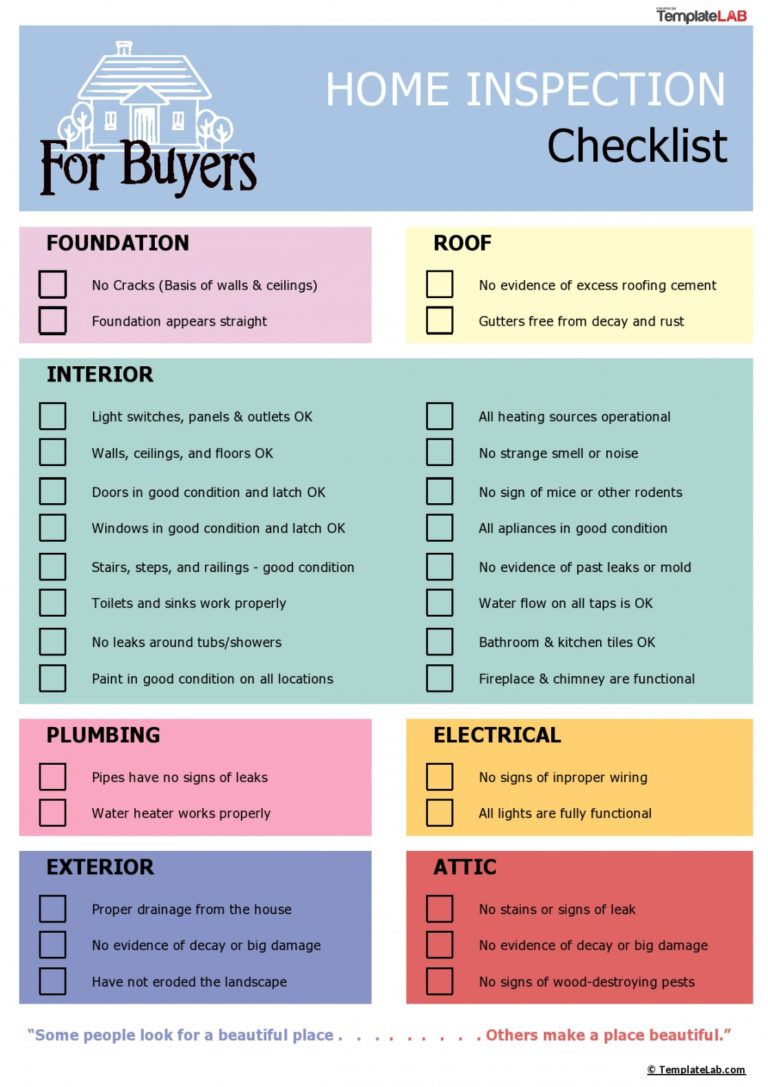When Can you Purchase a Home Warranty?
Table of Content
Another common problem is that when a homeowner purchases a used home, it might come with a 10-year-old furnace that the previous owner did not maintain. At that point, no matter how well the new homeowner tries to care for the furnace going forward, the previous neglect can’t be corrected and any damage can’t be undone. In addition, warranties have numerous exclusions, as well as dollar limits per repair and per year. Home warranties also make sense for people who aren’t handy or don’t want to worry about tracking down a contractor when they have a problem.

When a covered system breaks down, you file a claim, and the company sends a qualified contractor to your home. You pay a service call fee — and as long as the repair or replacement is covered, the home warranty company covers the cost. Home warranties are an added protection for your appliances, home’s systems, and budget. Generally, a home warranty covers things like your plumbing, electrical, and HVAC systems.
A Practical Guide To Buying A New-Build Home
It is assumed that the buyer and seller will come to an agreement before closing that the seller will fix the problem or lower the price on the home so the buyer can fix it on their own dime. Clara Nicolosi, Owner and Broker of RE/MAX in Hot Springs, Arkansas, agrees with Ross that home warranties are a great benefit, especially for new homeowners. A home warranty covers repair or replacement of specific appliances and systems in your home when they break down from normal wear and tear. Home warranty providers frequently offer the option to add on coverage for pools, roofs and septic tanks.

Any steps you can take that will make the move-in process easier for potential buyers are well worth it. Any home that might be considered hard-to-sell will greatly benefit from a home warranty. For example, if you're selling an older home, providing a warranty is a no-brainer. For buyers who are drawn to the visual charm of an older home but who balk at the thought of out-of-date or worn-down appliances, a warranty gives added peace-of-mind.
What Does a Home Warranty Cost?
Most home warranties are 12-month contracts that typically cost between $36 to $68 a month, or $264 to $1,425 per year, depending on the provider and level of coverage. The cost of your home warranty plan might be reduced by senior or military discounts. A home warranty can help you safeguard against that unexpected expense. This will ensure you are satisfied with your home warranty company because they are responsive and have a satisfied customer base. As hard as it is to believe, there might be some situations in which offering a home warranty isn't necessary.
In addition, major appliances like your refrigerator and washer will experience normal wear and tear over the years. However, you do not have to break the bank to repair or replace these items. A home warranty is not a perfect solution to the risks and hidden costs homeowners face. Before you purchase one, though, read the fine print in the home warranty contract and carefully consider whether the warranty is likely to pay off. However, providing a home warranty does not exempt the seller from the legal requirement to disclose any known problems with the home. Most plans have a basic component that provides all homeowners who purchase a policy with certain coverages.
What are the risks of buying a property with a special warranty deed?
If you’re considering buying a home warranty after closing, that could mean that you may have to pay a slightly higher premium for the protection. In a worst-case scenario, unscrupulous warranty companies may use the improper maintenance clause as an excuse to deny valid claims. In another scenario, the homeowner and the contractor who makes the house call may simply disagree over what constitutes proper maintenance.
You don’t take on someone else’s problems when you buy a new build house. You may have to spend a lot of money fixing up the place you inherited if the previous owners didn’t take good care of it. Don't waste your time or money on a home warranty if this is the only reason you have for it. They're not going to do anything of value and will take forever to fix it.
Making a Warranty Claim
Your homeowners insurance ensures the value of your house is protected against natural disasters. Your home’s structure and your personal belongings are covered in your homeowners insurance. As a homeowner, homeowners insurance is required by your mortgage lender. However, manufacturer’s warranties typically only last for a year or two. They also don’t cover systems and appliances that break down due to normal wear and tear. If you’re purchasing a new home, a home warranty might not be necessary.
This can include your water heater, HVAC system, refrigerator, stove and more. If you decide to spend a bit more on your warranty plan, you will receive even more comprehensive coverage. Some appliances such as pools, septic systems and spas may be covered, depending upon your service contract. We recommend you find out the specific exclusions from a provider by asking a representative or looking for coverage limitations in a sample contract.
This is because a home that is on the market has hopefully had most of the major systems and appliances repaired before closing . Because of this, Landmark offers a smaller price as there are usually fewer major problems within the home and, therefore, the homeowner should pay less in ensuring protection against those. A homeowner warranty is a warranty plan for someone who already owns their home. Usually, these warranties are perfect for homeowners who are living in a home with older systems and appliances and who are concerned about protecting their budget with a home warranty. A home warranty, which covers the appliances and/or the maintenance systems in your home, pays a portion of the cost to repair or replace such items when they break down. Depending on the level of coverage, a warranty may cover your HVAC systems, plumbing, water heater, electrical, and major appliances.

You can buy one at any time, but just remember that it's better to have a budget protection plan in place sooner rather than later. A home warranty actually helps you save money on inevitable repairs to those new home systems and appliances. And it’s easy to get confused because a lot of things you need either seem similar or have similar sounding names.
What they offer and what they exclude can range pretty widely between companies and it’s best to know upfront what you’ll be responsible for paying out of pocket. For more peace of mind about your home sale, partner with an experienced, top-performing agent who can guide you on your home warranty options. HomeLight’s free Agent Match platform can connect you with the top agents in your area. A home warranty provides your buyer with peace of mind about their purchase. Jael Batty is a freelance writer with 23+ years of marketing experience. Her expertise includes marketing and writing content for solar installers, electrical service providers, HVAC contractors, landscapers, and tile installers.
The subject of home warranties often comes up during the sale and purchase of a home. A home warranty can provide reassurance to a home buyer who has limited information about how well the home’s components have been maintained or—in the case of new construction—how well the home has been built. A warranty can also be helpful for people who have just depleted their savings to buy a home and want to avoid any additional major expenses. Warranty companies often assign a local professional to perform the repairs. The quality of service provided by these repair professionals may vary, so be sure to ask the warranty company if and how they regularly select and review the professional contractors and technicians.
Comments
Post a Comment